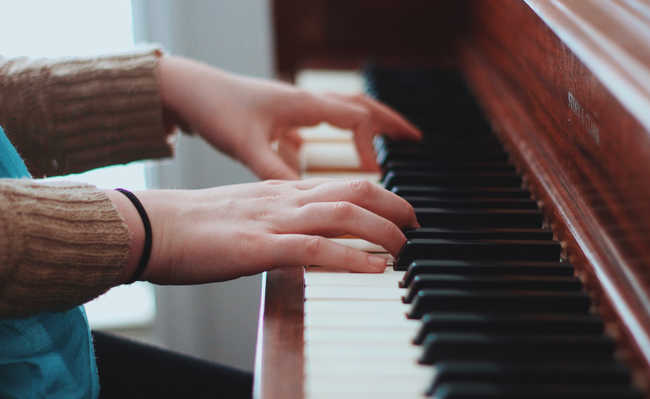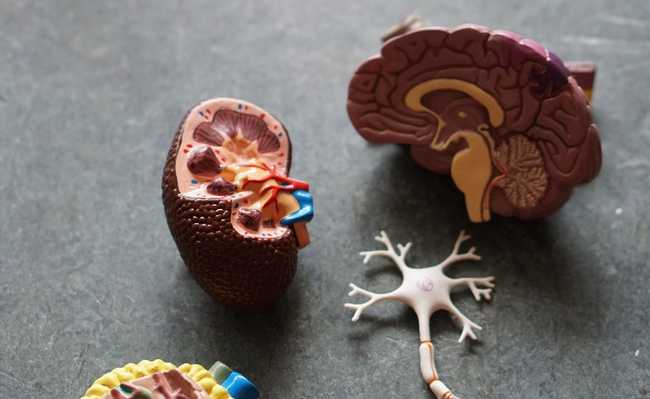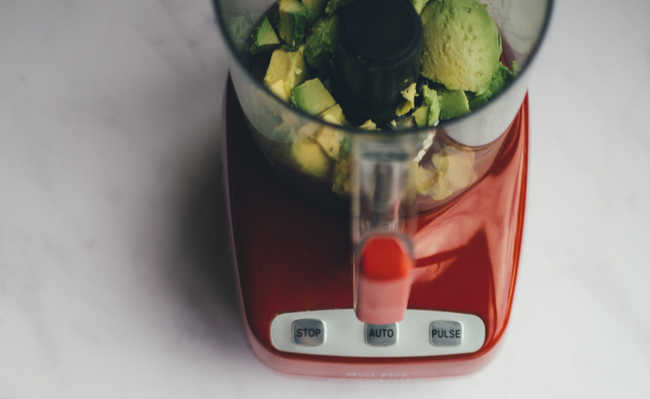What are electrolytes?
Electrolyte imbalance can cause anything from dizziness to seizures

Have you ever heard of electrolytes? Not? So there you go! Electrolytes are immediate energy sources that help hydrate the body. They are commonly found in sports drinks (used as supplements or even indicated by doctors in cases of patients who suffer from vomiting and diarrhea).
What are electrolytes and how do they work?
The medical term basically means a salt or an ion in the blood or other body fluid. In other words, it's just minerals in our body that have an electrical charge (common electrolytes include potassium, sodium and calcium). This electrical charge allows the regulation of a series of processes: blood pressure and pH management, the reconstruction of damaged tissues, muscle contraction, hydration, among others. The body uses electrolytes as a mechanism to maintain its own cellular tensions, allowing the muscles to contract as and when you want.
How can an electrolyte imbalance affect the body?
The kidneys work in concert with other hormones to keep electrolyte levels in balance. Since they are responsible for the functioning of other bodily processes, an imbalance of electrolytes in the body can pose health and even life risks. These imbalances can be temporary and mild (causing dizziness, tiredness, and muscle problems) or prolonged and severe (causing heart rate fluctuations, mental confusion, changes in blood pressure, and seizures).
When to pay attention to the elimination of electrolytes?
Electrolytes are present in body fluids, and as soon as you get rid of them through sweating, vomiting, diarrhea, urination (wetting more than usual), you are very likely getting rid of electrolytes. That's why after a workout or a bad flu, we feel so drained. The loss of electrolytes in the body can present symptoms such as high fever, dehydration and kidney problems. Factors that can influence the chances of developing an electrolyte imbalance are health problems, such as kidney problems, heart problems or diabetes, which can lead to disorders such as bulimia and anorexia nervosa.
How to replace electrolytes?
The best way to replace the electrolytes eliminated after a workout, for example, is through food. In addition to those sports drinks that have a lot of sugar in their composition (therefore, they are not very recommended), it is also possible to replace them with banana (a great option as a source of potassium), milk or yogurt (replenish calcium), salty foods (replenish lost sodium) and coconut water (rich in potassium, sodium, chloride and vitamins). After a long night of lots of alcoholic drinks, you don't just need an electrolyte boost, you really need a lot of water, since alcohol interferes with the absorption of liquids, which can lead to dehydration.
Alert to athletes and seniors
With vigorous stress on the body, athletes tend to lose a lot more sweat in a very short period of time, resulting in a temporary electrolyte imbalance caused by the loss of sodium from the body. The elderly are not left out of this, as the function of the kidneys tends to deteriorate over the years, as these are extremely important to keep electrolyte levels in balance. Factors like these, which are part of better age, unfortunately can contribute to electrolyte imbalance in the elderly, especially those who suffer from diseases, take many medications, have cognitive disabilities and those undergoing chemotherapy.
Source: Spry living










